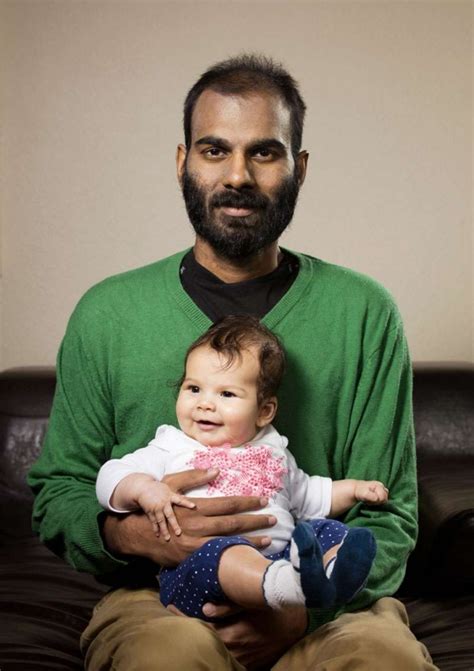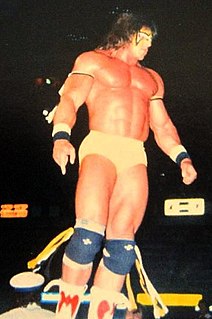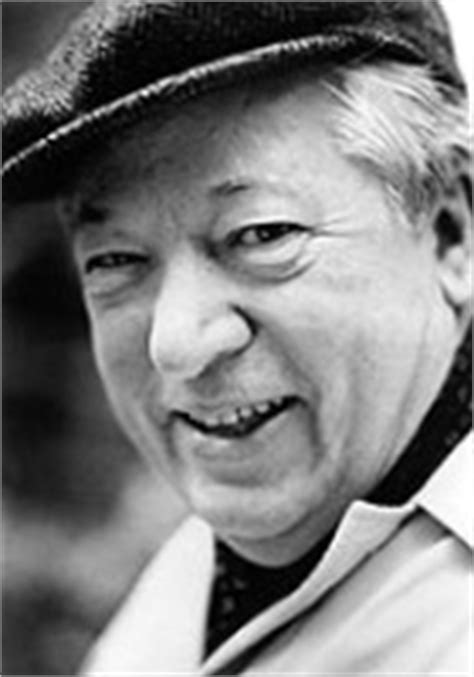A Quote by Paul Kalanithi
Before operating on a patient's brain... I must first understand his mind: his identity, his values, what makes his life worth living, and what devastation makes it reasonable to let that life end.
Related Quotes
The master in the art of living makes little distinction between his work and his play, his labor and his leisure, his mind and his body, his information and his recreation, his love and his religion. He hardly knows which is which. He simply pursues his vision of excellence at whatever he does, leaving others to decide whether he is working or playing. To him he's always doing both.
I wish to suggest that a man may be very industrious, and yet not spend his time well. There is no more fatal blunderer than he who consumes the greater part of his life getting his living. All great enterprises are self-supporting. The poet, for instance, must sustain his body by his poetry, as a steam planing-mill feeds its boilers with the shavings it makes. You must get your living by loving.
I'm not the person I once was. I have Thorn now, and... I'm not fighting for myself anymore....It makes a difference....I used to think you were a fool to keep risking your life as you have...I know better now. I understand...why. I understand...' His [Murtagh] eyes widened and his grimace relaxed, as if his pain was forgotten, and an inner light seemed to illuminate his features. 'I understand-we understand.
The man who accepts Western values absolutely, finds his creative faculties becoming so warped and stunted that he is almost completely dependent on external satisfactions, and the moment he becomes frustrated in his search for these, he begins to develop neurotic symptoms, to feel that life is not worth living, and, in chronic cases, to take his own life.
It is not the right of property which is protected, but the right to property. Property, per se, has no rights; but the individual - the man - has three great rights, equally sacred from arbitrary interference: the right to his life, the right to his liberty, the right to his property The three rights are so bound together as to be essentially one right. To give a man his life but to deny him his liberty, is to take from him all that makes his life worth living. To give him his liberty but take from him the property which is the fruit and badge of his liberty is to still leave him a slave.
There must be only three supreme values which govern a person's life: Reason, Purpose, and Self-esteem. Reason, as his only tool of knowledge--Purpose, as his choice of the happiness which that tool must proceed to achieve--Self-esteem, as his inviolate certainty that his mind is competent to think and his person is worthy of happiness, which means: is worthy of living. These three values imply and require all of man's virtues, and all his virtues pertain to the relation of existence and consciousness: rationality, independence, integrity, honesty, justice, productiveness, pride.
An actor must interpret life, and in order to do so must be willing to accept all the experiences life has to offer. In fact, he must seek out more of life than life puts at his feet. In the short span of his lifetime, an actor must learn all there is to know, experience all there is to experience, or approach that state as closely as possible. He must be superhuman in his efforts to store away in the core of his subconscious everything that he might be called upon to use in the expression of his art.
What a wee little part of a person's life are his acts and his words! His real life is led in his head, and is known to none but himself. All day long, the mill of his brain is grinding, and his thoughts, not those of other things, are his history. These are his life, and they are not written. Everyday would make a whole book of 80,000 words -- 365 books a year. Biographies are but the clothes and buttons of the man -- the biography of the man himself cannot be written.



































